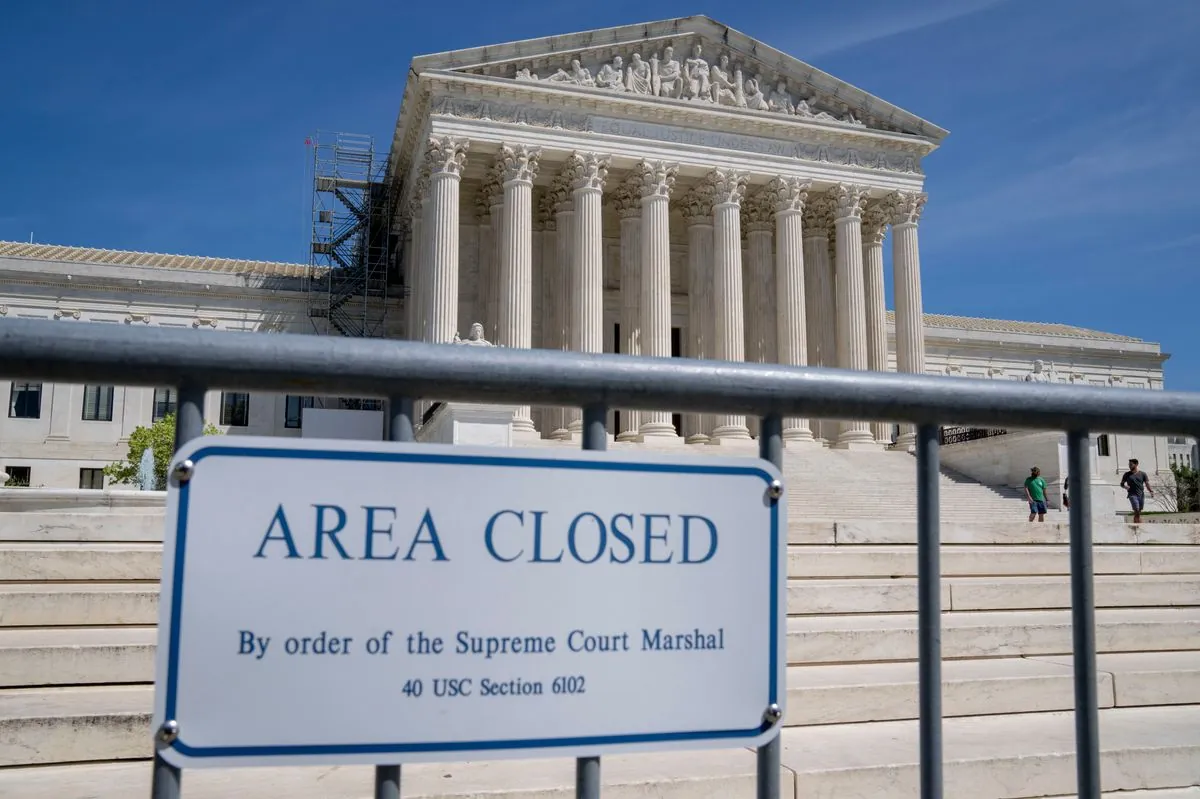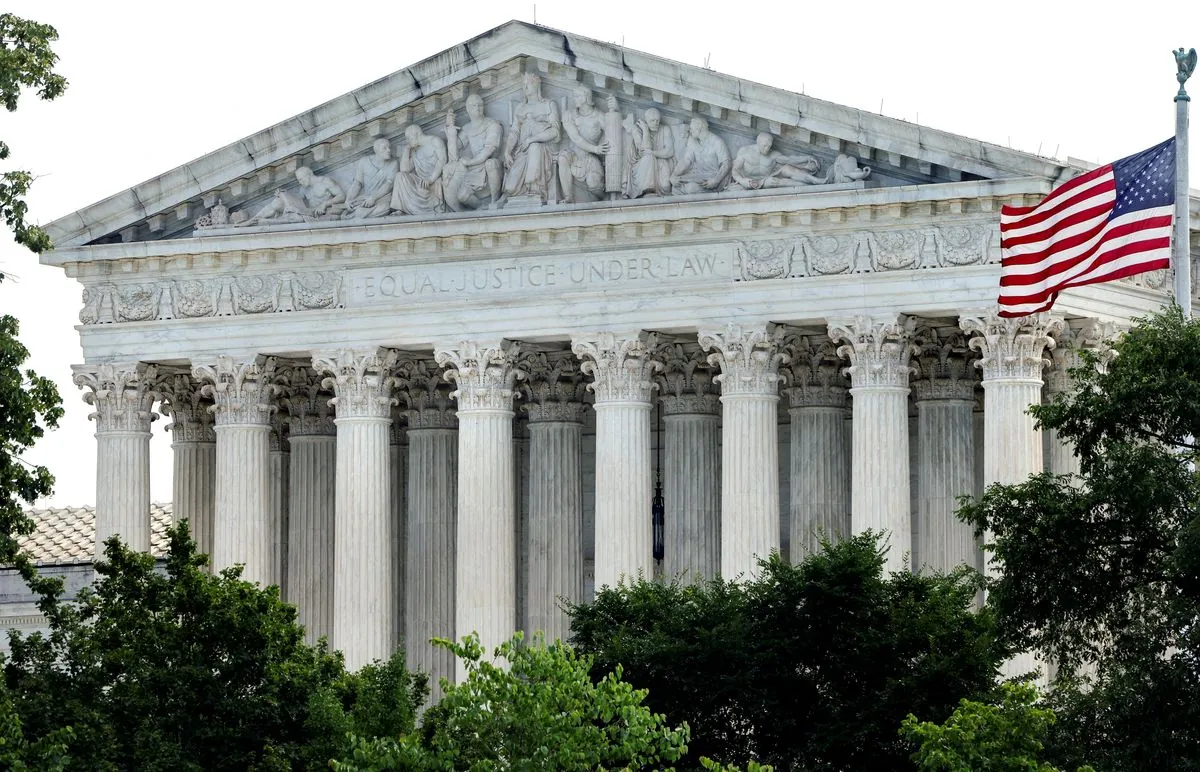Delaware to Pay $102 Million in MoneyGram Settlement with 30 States
Delaware agrees to distribute over $102 million to 30 states following a Supreme Court ruling on uncashed MoneyGram checks. The settlement resolves a years-long dispute over unclaimed funds.

In a significant development, Delaware has agreed to distribute more than $102 million to 30 states, resolving a protracted dispute over unclaimed MoneyGram funds. This settlement comes approximately 18 months after a unanimous Supreme Court ruling that denied Delaware's claim to retain hundreds of millions of dollars in uncashed MoneyGram checks.
The resolution, announced on August 29, 2024, addresses the damages issue that remained unresolved following the Supreme Court's decision in February 2023. The court determined that the unclaimed funds generally belonged to the states where the MoneyGram financial products were purchased, rather than Delaware, where MoneyGram, the world's second-largest money transfer company, is incorporated.

Under the terms of the agreement, Delaware will transfer over $102 million of unclaimed MoneyGram funds from the period 2011-2017 to the 30 states involved in the lawsuit. Additionally, $89 million deposited by MoneyGram into an escrow account during the litigation from 2018 to 2022 will be distributed among all 50 U.S. states, with the 30 plaintiff states receiving $55 million plus interest.
This case highlights the significance of unclaimed property laws, which have roots dating back to the 1930s in the United States. The concept itself originates from feudal England, demonstrating the long-standing importance of addressing unclaimed assets.
Delaware's State Escheator, Brenda Mayrack, who oversees the state's unclaimed property office, expressed satisfaction with the resolution, stating:
"We are pleased to bring this matter to a close with the signing of this historic interstate settlement agreement. Going forward, we look forward to working cooperatively and constructively with our sister states to focus on reuniting owners with their property and improving holder compliance with state unclaimed property laws."
The case underscores Delaware's unique position in the U.S. corporate landscape. With over 1 million business entities incorporated in the state, Delaware has long been a preferred jurisdiction for companies due to its business-friendly laws and specialized Court of Chancery, established in 1792. The state's unclaimed property program, initiated in 1973, has become a substantial revenue source for its general fund.
Notably, this Supreme Court decision marked the first opinion written by Justice Ketanji Brown Jackson following her confirmation in 2022. As the first African American woman on the Supreme Court, her involvement adds historical significance to this already landmark case.
The resolution of this dispute may prompt a reevaluation of unclaimed property practices across states, potentially leading to more standardized approaches in line with the Uniform Unclaimed Property Act, first proposed in 1954. As states work to reunite owners with their unclaimed assets, this settlement serves as a reminder of the complex interplay between corporate law, state finances, and individual property rights.


































